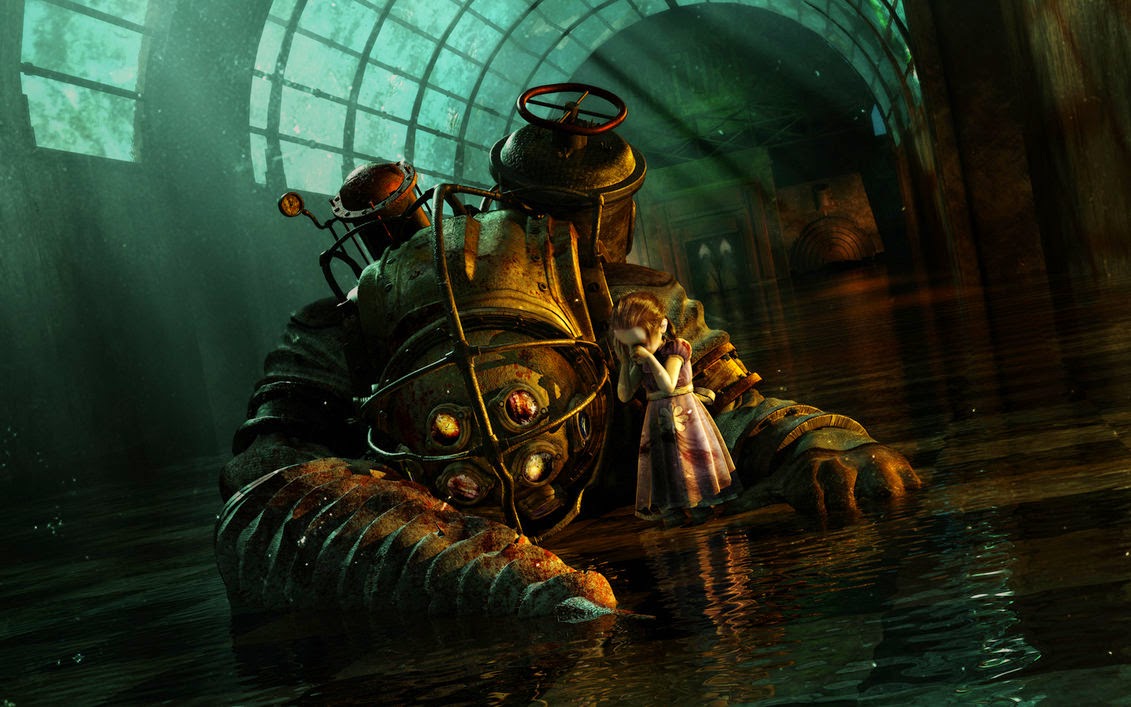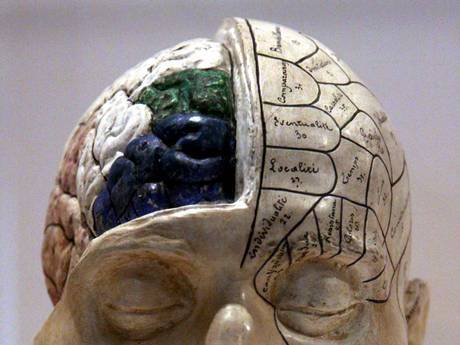1. Butterfly wings are transparent.
How can that be? We know butterflies as perhaps the most colorful,
vibrant insects around! A butterfly wing is actually formed by layers of
chitin, the protein that makes up an insect’s exoskeleton. These layers
are so thin you can see right through them.
Thousands of tiny scales cover the transparent chitin, and these scales reflect light in different colors. As a butterfly ages, scales fall off the wings, leaving spots of transparency where the chitin layer is exposed.
2. Butterflies taste with their feet.
Taste receptors on a butterfly’s feet help it find its host plant and
locate food. A female butterfly lands on different plants, drumming the
leaves with her feet to make the plant release its juices.
Spines on the
back of her legs have chemoreceptors that detect the right match of
plant chemicals. When she identified the right plant, she lays her eggs.
A butterfly will also step on its food, using organs that sense
dissolved sugars to taste food sources like fermenting fruit.
3. Butterflies can’t fly if they’re cold.
Butterflies need an ideal body temperature of about 85ºF to fly. Since
they’re cold-blooded animals, they can’t regulate their own body
temperatures. The surrounding air temperature has a big impact on their
ability to function. If the air temperature falls below 55ºF,
butterflies are rendered immobile, unable to flee from predators or
feed.
When air temperatures range between 82º-100ºF, butterflies can fly
with ease. Cooler days require a butterfly to warm up its flight
muscles, either be shivering or basking in the sun. And even sun-loving
butterflies can get overheated when temperatures soar above 100ºF, and
may seek shade to cool down.
Taste receptors on a butterfly’s feet help it find its host plant and locate food. A female butterfly lands on different plants, drumming the leaves with her feet to make the plant release its juices.
Spines on the back of her legs have chemoreceptors that detect the right match of plant chemicals. When she identified the right plant, she lays her eggs. A butterfly will also step on its food, using organs that sense dissolved sugars to taste food sources like fermenting fruit.
3. Butterflies can’t fly if they’re cold.
Butterflies need an ideal body temperature of about 85ºF to fly. Since they’re cold-blooded animals, they can’t regulate their own body temperatures. The surrounding air temperature has a big impact on their ability to function. If the air temperature falls below 55ºF, butterflies are rendered immobile, unable to flee from predators or feed.
When air temperatures range between 82º-100ºF, butterflies can fly with ease. Cooler days require a butterfly to warm up its flight muscles, either be shivering or basking in the sun. And even sun-loving butterflies can get overheated when temperatures soar above 100ºF, and may seek shade to cool down.

























